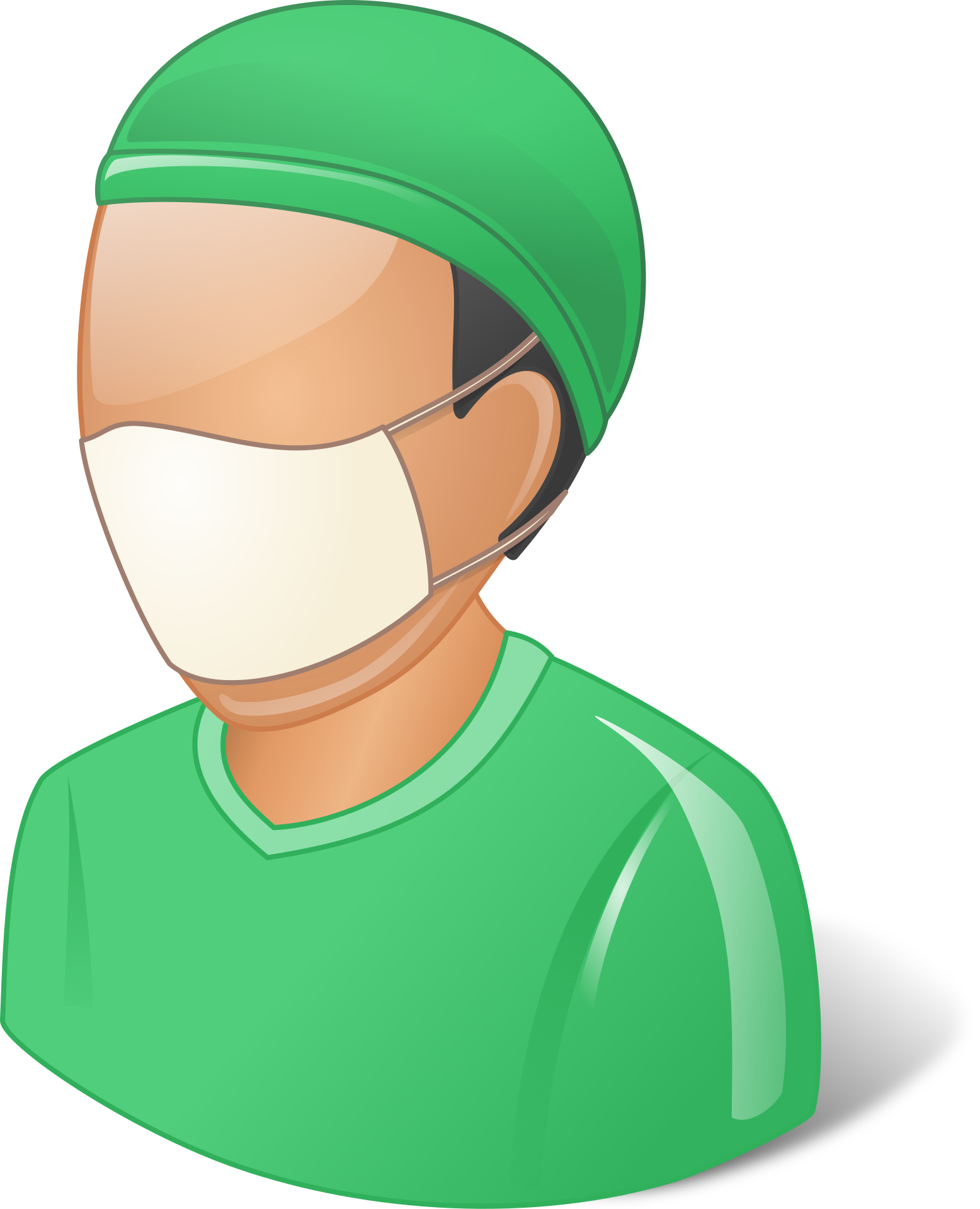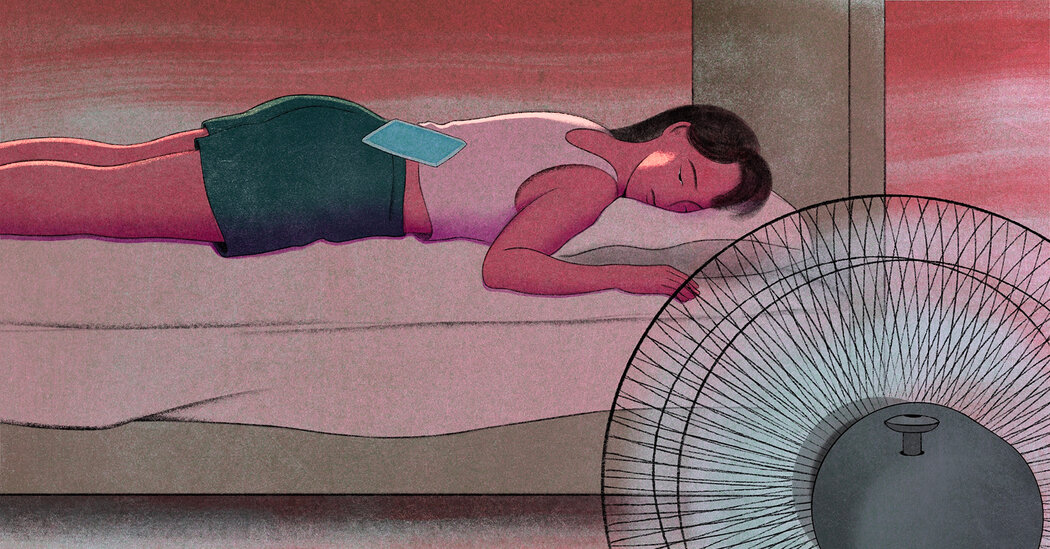When the researchers surveyed about 1,300 Old Order Amish, they found the small group of people who felt at their worst in the summer also tended to report that high-pollen days worsened their mood. Previous work with college students also suggested a link between low summer mood and pollen sensitivity.
While more research is needed to understand how pollen might tie into summer SAD, Dr. Postolache said, “When you feel at your worst relates really well to daylength in the winter” and “to the heat and the pollen for the summer difficulties.”
How to Follow Your Mood Throughout the Seasons
One difficulty in detecting SAD is its transitory nature. Once fall comes, Ms. Ashly said, “you forget all about it.” Even without seasonal affective disorder, other stresses can trigger depression during summer, like being untethered from the structure of school.
Tonya Ladipo, a licensed clinical social worker and founder of The Ladipo Group in Philadelphia, suggested keeping a mood journal to track your moods and look for patterns. This helped Ms. Ashly and her therapist recognize her cycle of summer SAD. If a low mood doesn’t improve within about two weeks, Ms. Ladipo recommended seeking out a mental health professional — and finding help immediately if you are thinking about harming yourself.
If heat dampens your mood, Dr. Rosenthal said that some of his patients have found that frequent cold showers or baths can help; others experienced some relief by walking early in the morning. Sometimes intense summer light, along with heat and humidity, can be problematic; decreasing exposure with dark glasses or curtains may also be worth trying.
“If those things help, then do them,” Dr. Rosenthal said.
Ms. Ashly said she keeps a small misting fan by her desk, takes chilly showers and runs her wrists under cold water to help her cool off. On particularly hard days, she goes to her parents’ house and works in the basement, she said.
For winter SAD, researchers have found that cognitive behavioral therapy, a form of talk therapy, can help. A clinical trial with 177 adults compared it to light therapy, a well-known SAD treatment, and found that both significantly improved how people felt. Dr. Rohan is considering developing a similar therapy for the summer form of the disorder. She recommended contacting a professional to determine whether what you’re experiencing is related to the season or to another source — and, most importantly, to find ways to help you feel better.

